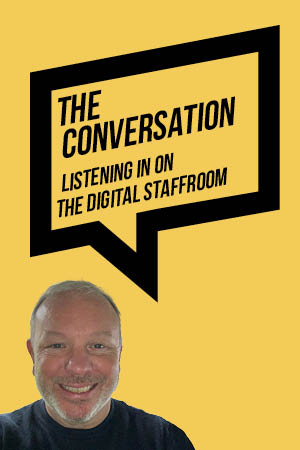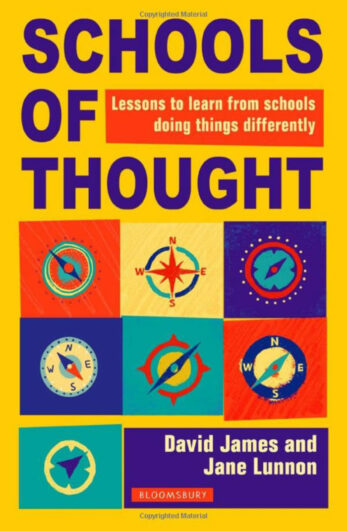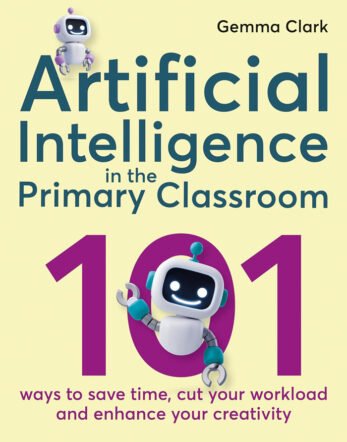It’s been a challenge for teacher trainers to equip would-be teachers with the ability to understand and teach the new computing curriculum introduced three years ago. (How many other compulsory subjects are taught by teachers who have rarely studied the subject themselves?)
When I first skimmed this book I was immediately struck by how closely the coverage matches much of what I deliver in computing sessions with initial teacher training students.
The sub-title “Creative computing and the power of play” reinforces the impression that here is a book that aims to tap into the current trends in one of the most radical curriculum transformations in recent years. (The seismic shift from an often rather tired approach to ICT to one that encourages more experimentation and creativity through coding.)
Millennials go even more misty-eyed at memories of the effect Lara Croft had on their early teens
The authors’ pedigree is sound. Ian Livingstone is a digital hero for our times. Middle-aged “boys” go misty-eyed at the mention of Fighting Fantasy gamebooks, a genre he helped to invent (“If you want to go through the door, turn to page 94”); or remember long, nerdish conversations about Dungeons and Dragons in one of his games workshops.
Millennials go even more misty-eyed at memories of the effect Lara Croft had on their early teens. And we of the older generation praise his excellent co-written Next Gen report from Nesta, which was one of the wake-up calls that helped to shift curriculum thinking towards the new computing.
Co-author Shahneila Saeed of Digital Schoolhouse, now equally well known, is one of an impressive team at Ukie, the trade body for the UK’s games and interactive entertainment industry that has done so much to promote this crucial area of UK digital expertise. So an ideal pairing to create such a book.
If the isometric pixellated Minecraft-style cover and mention of playful learning isn’t enough to set off the creativity klaxon of the traditionalists, a quote from Sir Ken Robinson in the introduction should ensure it is triggered. Add in Piaget and Sugata Mitra for good measure, and so will significant parts of the content as it focuses on learning by doing, group work and playful learning. All guaranteed to get the trads tutting and reaching for Twitter.
This is no progressives’ pamphlet
But this is no progressives’ pamphlet, rather a solid book full of essential information and practical examples for those faced with ensuring that the new computing curriculum is taught effectively. Indeed, if there is a criticism, it is that it is slow to get going and rather too focused on explaining the thinking behind the curriculum development from the start – perhaps at the expense of some of the excitement and buzz that the shift hopes to bring about in the classroom.
Unless you’re already in the know, or need to be, you may never get far enough to be inspired by this book. That would be a real shame. The later chapters, if you want to skip ahead – including the wonderful “Cat on Your Head” game – show how much fun and learning about gameplay you can have, even without a computer.
“This book is targeted at educators, whether you are an academic, a headteacher, or a classroom practitioner” says the introduction. A slim 168 pages
that aims to meet the needs of all three seems over-ambitious. Nevertheless, it is an excellent introduction for those educators trying to get their heads
around the thinking behind this major curriculum shift.
And of course, it is an absolute must for all student teachers who intend to deliver computing in the curriculum.








Your thoughts